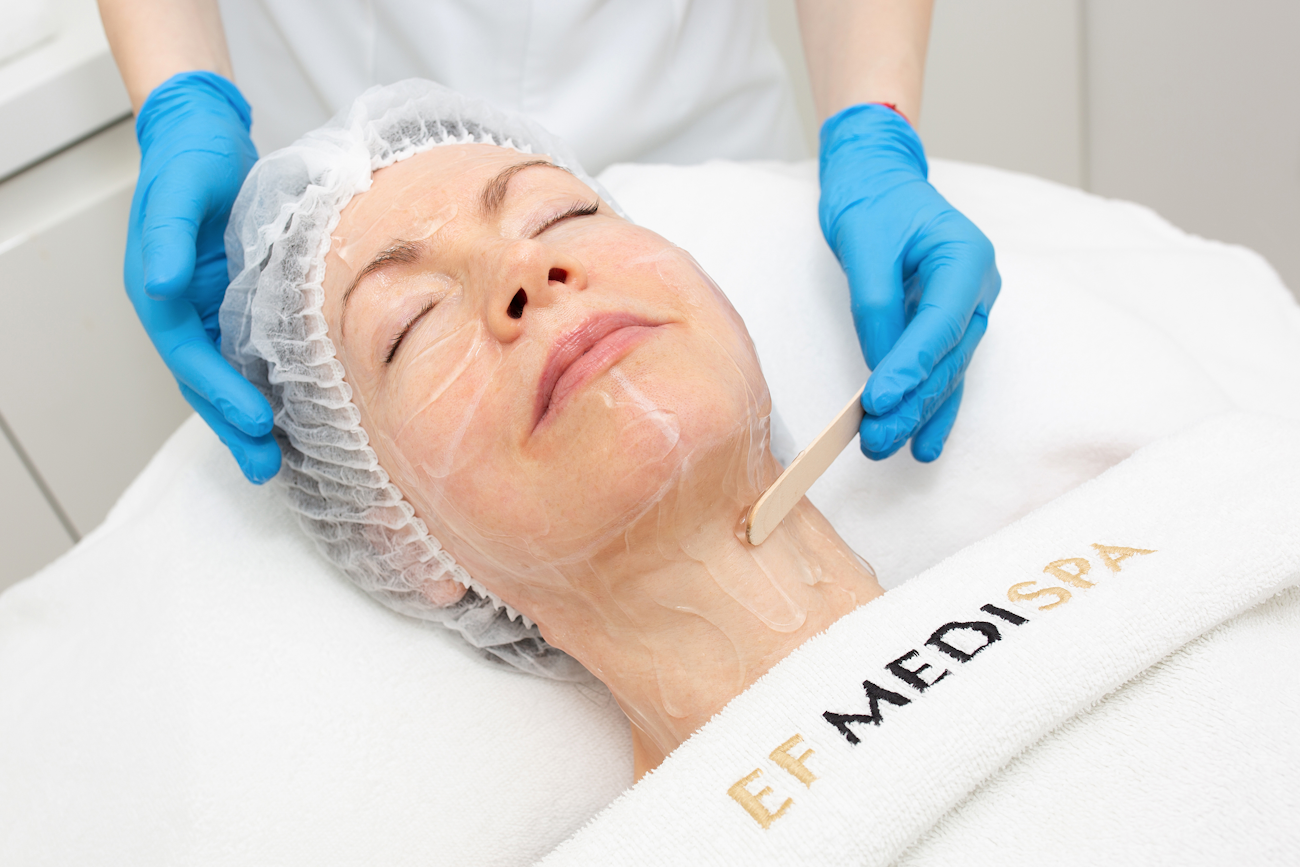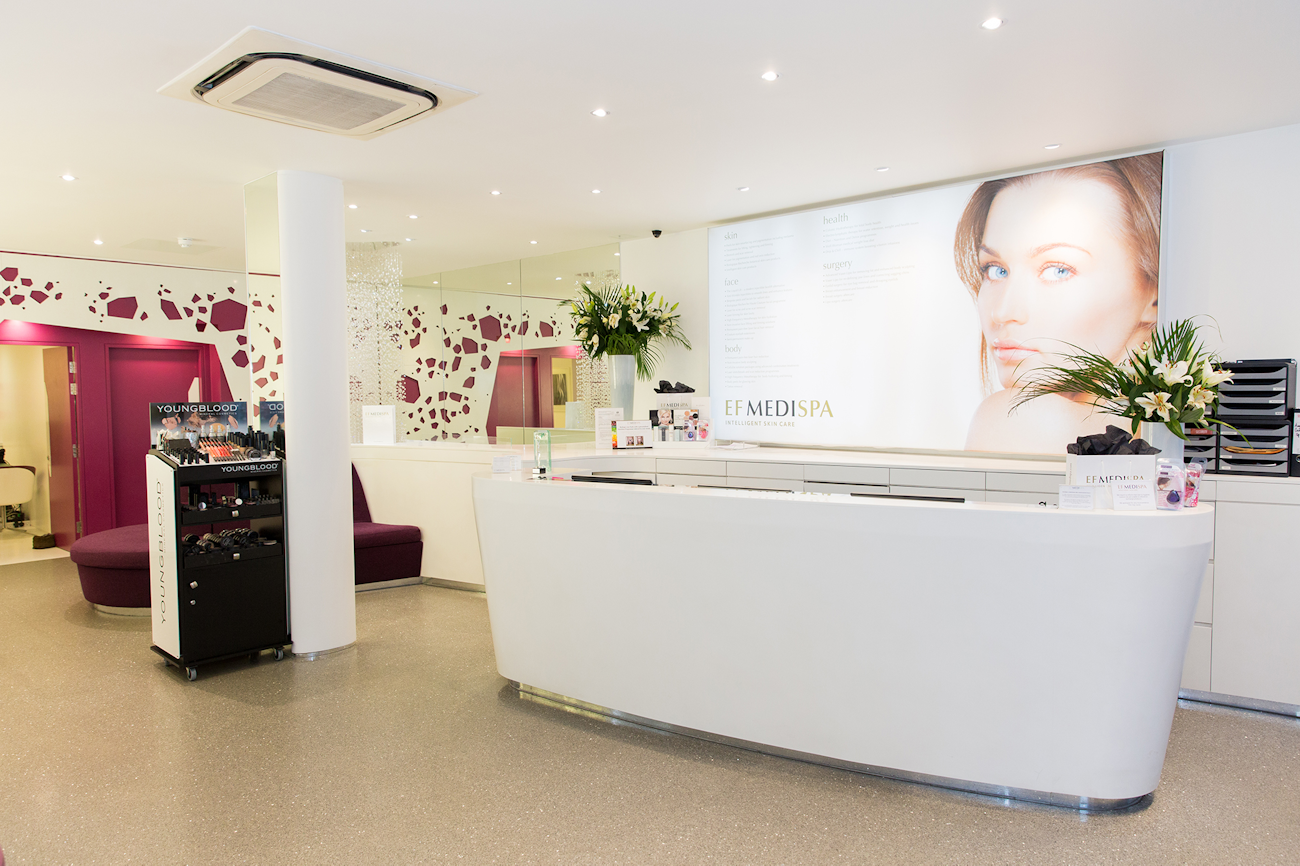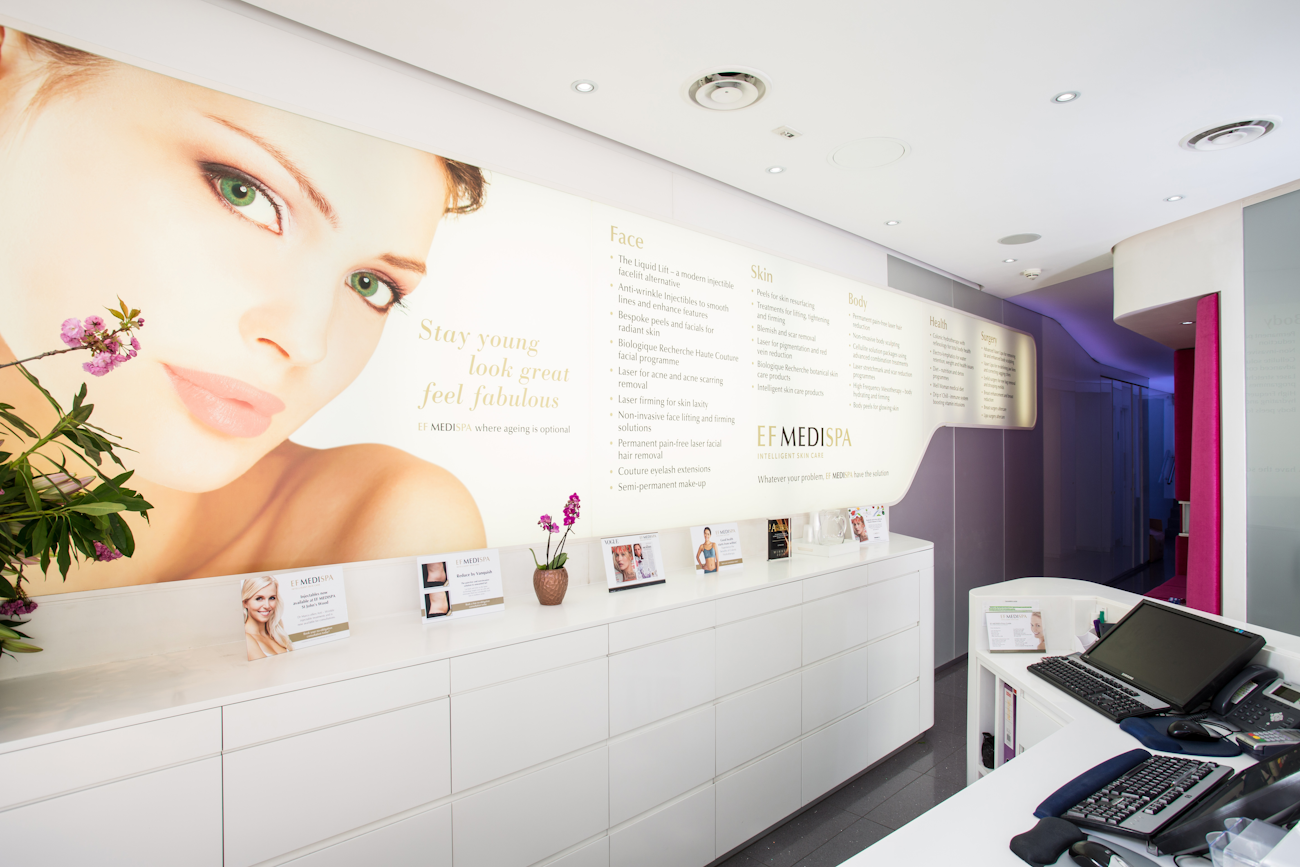Unlock Radiant Skin: The Power of Facial Peels for Skin Rejuvenation

Skincare has become an integral part of our daily routines, with many products and treatments promising to transform our skin, from cleansing and moisturising to serums and masks.
Facial peels have long been recognised for their skin-resurfacing benefits. However, their recent rise to viral fame, fuelled by captivating results videos on social media platforms, has propelled these treatments into the spotlight.
These trending peels have captured the attention of skincare enthusiasts worldwide due to their ability to address a wide range of skin concerns and help people achieve a revitalised and radiant complexion. But what precisely are facial peels, and what makes them so effective? Let's dive deeper into this transformative skincare practice to uncover the science behind its remarkable effects.
What are facial peels?
Facial peels, or chemical peels, are cosmetic procedures that aim to rejuvenate the skin on the face. It involves the application of a chemical solution to the skin, which causes controlled damage to the outermost layers of the skin. This controlled damage triggers a process known as exfoliation, where the damaged outer layers of skin gradually peel off.
During the procedure, the chemical solution is carefully applied to the face and left on for a specific amount of time. The chemical solution then works by breaking down the bonds that hold the dead and damaged skin cells together.
After the facial peel, the skin will undergo a healing process in which the old, damaged skin cells are gradually replaced by newer, healthier skin cells, resulting in a smoother and more youthful appearance. The fresh layer of skin that is revealed tends to be smoother, more even-toned and may have a more radiant complexion.
What concerns do facial peels treat?
Facial peels are used to address various skin concerns and can be customised based on the specific needs of an individual. Some of the common skin concerns that can be treated with facial peels include:
- Acne and acne scars: Facial peels can help reduce active acne breakouts by unclogging pores, reducing oil production, and eliminating bacteria. They can also improve the appearance of acne scars by promoting collagen production and smoothing out uneven texture.
- Hyperpigmentation: Facial peels can lighten areas of hyperpigmentation, including sunspots, age spots, melasma (dark patches caused by hormonal changes), and post-inflammatory hyperpigmentation (dark marks left behind after inflammation or injury).
- Uneven skin tone and texture: Peels can help improve overall skin tone and texture by exfoliating the outer layers of dead skin cells and stimulating the growth of new, healthier skin cells. They can minimize the appearance of fine lines, wrinkles, and rough or dull skin.
- Sun damage: Facial peels can reduce the signs of sun damage, such as sunspots, freckles, and uneven pigmentation caused by prolonged sun exposure. They can also help to improve the skin's texture and tone.
- Age-related concerns: Peels can address age-related skin concerns, including fine lines, wrinkles, and sagging skin. They promote collagen production, which helps improve skin elasticity and firmness.
- Scarring: Facial peels can improve the appearance of certain types of scars, including superficial scars caused by acne, injuries, or surgical procedures. They promote cell turnover and collagen synthesis, which can help smooth out the texture of the scarred area.
- Dull and tired-looking skin: Peels can give the skin a refreshed and rejuvenated appearance by removing dead skin cells and stimulating cell renewal, resulting in a brighter and more radiant complexion.
It's important to note that the specific results and effectiveness of a facial peel will vary depending on factors such as the type of peel used, its strength, the individual's skin type, and the severity of the skin concern being addressed.

What are the 4 types of facial peels?
The four most common types of chemical peels are AHA peels, BHA peels, TCA peels, and Phenol peels. AHA and BHA peels are classified as light chemical peels, whereas TCA peels are defined as medium-depth peels and Phenol peels are labelled as deep peels. However, the chemical solution of a peel can be custom designed for a patient to optimise results, which leads to various possible acid combinations and concentrations.
Superficial or mild peels typically target the outermost layer of the skin (epidermis) and have minimal downtime. They are generally well-tolerated and may result in some mild redness, flaking, or peeling that resolves within a few days.
Medium peels penetrate deeper into the skin and may target the upper layer of the dermis. These peels may require a longer recovery time, and the side effects can include redness, swelling, and more noticeable peeling or flaking.
Deep peels are the most intense type of facial peel and penetrate deeper into the dermis. They are typically performed under anaesthesia or sedation and can require a longer recovery period. Deep peels are usually reserved for more severe skin concerns and are associated with more significant side effects, such as prolonged redness, swelling, and peeling.
It's important to note that facial peels should be performed by a trained professional, such as a dermatologist or a licensed skincare specialist. They will assess your skin type, concerns, and medical history to determine the most appropriate type and strength of peel for your specific needs.
What risks are associated with facial peels?
While facial peels are generally considered safe when performed by a trained professional, there are certain risks and potential side effects associated with the procedure. These risks may vary depending on the type and depth of the peel performed. Some potential risks include:
- Skin irritation and redness: After a facial peel, it is common to experience temporary skin irritation, redness, and sensitivity. These effects are usually mild and resolve within a few days to a couple of weeks.
- Peeling and flaking: Depending on the depth of the peel, you may experience peeling or flaking of the treated skin. This is a normal part of the healing process as the old, damaged skin sheds to reveal fresh skin underneath.
- Swelling: In some cases, facial peels can cause temporary swelling, particularly with deeper peels. Swelling is typically mild and subsides within a few days.
- Hyperpigmentation or hypopigmentation: In rare cases, facial peels can lead to temporary or permanent changes in skin pigmentation. This can result in areas of darker or lighter skin colour than the surrounding skin. Proper sun protection and adherence to post-peel care instructions can help minimize these risks.
- Infection: Although uncommon, there is a small risk of infection following a facial peel. It is important to follow proper aftercare instructions and keep the treated area clean to minimize this risk.
- Scarring: While rare, facial peels carry a slight risk of scarring. This risk is higher with deeper peels or in individuals with a history of poor wound healing or keloid formation. It is crucial to disclose any history of scarring or abnormal wound healing to the skin care professional performing the peel.
- Sensitivity to sunlight: After a facial peel, the treated skin may be more sensitive to sunlight. It is important to protect the skin with sunscreen and avoid excessive sun exposure to minimize the risk of sunburn and further damage.

Facial Peels at EF MEDISPA
Whether you wish to tackle a specific skin condition such as rosacea or just want an instant revitalising boost to your skin, our wide range of the best non-surgical peels for acne and facial treatments may well be the answer. Our specialised facial peel treatments can help you with:
- A reduction in the appearance of discolouration
- A brighter and more even skin texture for a healthier, glowing complexion
- Smoothing out expression lines and wrinkles, targeting even the most delicate and challenging areas of ageing skin for a more visibly rejuvenated appearance
All performed by our expert medical team, a skin peel in London with EFMEDISPA is one that will reveal the best of you. Book a facial peel consultation today to discuss your options.


